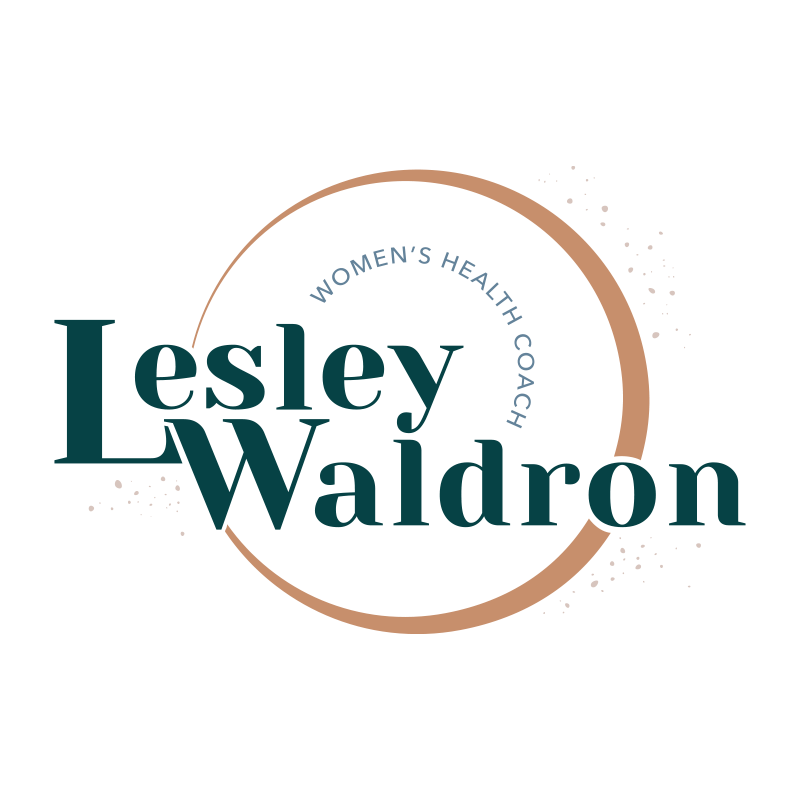How do you choose a coach that's right for you?
There’s a coach for everything nowadays
I went to a networking group recently, and found myself to be one of the only ‘coaches’ in the virtual room.
This is unusual.
I know a LOT of coaches. Fellow women’s health coaches, fitness coaches, sales coaches, business coaches, career coaches, menopause coaches, marketing coaches, sobriety coaches, confidence coaches, emotional wellbeing coaches, etc etc.
I’ve even used quite a few of them myself. Coaching is magic.
But how you do choose the right coach for you?
In theory, a great coach just needs the ability to listen, ask powerful questions, and reflect back in order to help you find the answers yourself.
Coaching can be incredibly empowering for the client.
What you’ll be looking for is someone who can listen well, and help you to find the right way forward. They might have expertise in your area of concern, which will help them ask the right questions, and point you towards resources that can be helpful.
I’d look at reviews and get personal referrals. And it’s always worth having a conversation with the coach first.
A good coach will offer you a preliminary call to see if you’re a good fit (which may be be free, or for a fee).
You’ll get an idea from their social media or websites what their area of specialism is.
What coaching isn’t!
Coaching isn’t giving you advice and solutions. Although a personal trainer or sports coach might do that a bit.
Coaching isn’t offering you a paint by numbers plan to follow, that is the same for every client.
Coaching is deeply personal and occasionally uncomfortable.
Coaching isn’t therapy. It isn’t about looking back into your past (unless we are exploring a particular pattern of behaviour). It’s more future focussed, which can be really helpful for us in this midlife transition as it can help us to find a way to think really positively about ageing, and our post menopause adventures to come. A good coach can refer you to a therapist if that’s the best place for you to be right now.
I’m a master coach
I’m a certified coach with the Integrative Women’s Health Institute in the USA. One of the only places in the world that specialises in women’s health in this way.
I am also one of their Master Coaches, and the only one in the UK. Which means I get to support and mentor student coaches through their programmes, as they develop their coaching skills and their private practice as a health coach. It’s a huge privilege and one that helps me continue to hone and develop my own coaching skills. I’ve known a few of their students who have come to do the programme with IWHI having ALREADY done a ‘health coaching’ course elsewhere because they didn’t feel like they had the right skills and education training.
Any coach you work with should be committed to their own development as a coach, and as a human being. Not everyone will have a certification, you don’t HAVE to have one as a coach, but having done some good training really makes a difference to your experience as a client.
Fancy a chat about what coaching with me might feel like? Drop me a line.

